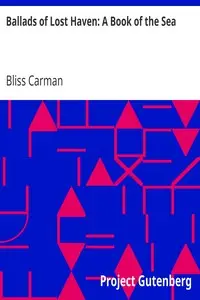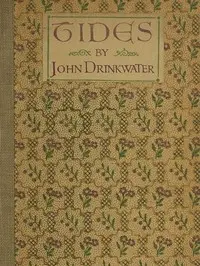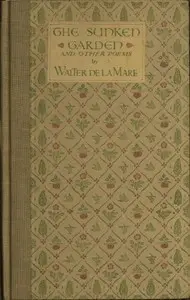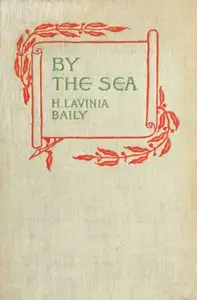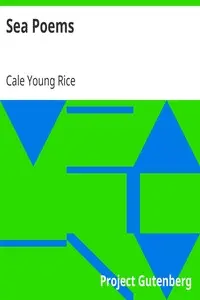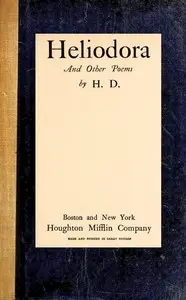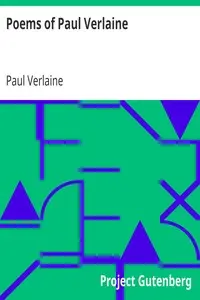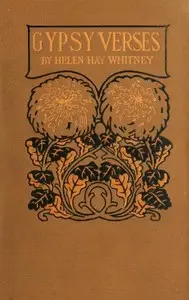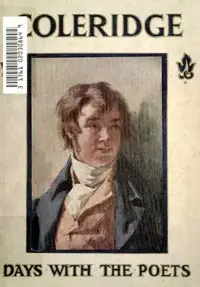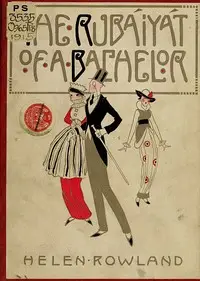"Sea Garden" by H. D. (Hilda Doolittle) is a collection of early 20th-century poems that contemplates nature, beauty, and what it all means, vividly using images of the sea and gardens. These verses reveal how beauty and sadness can both be present, giving a view of what it means to be human. The poems switch from individual thoughts to seeing the world around, showing how things that are easily broken and things that are strong can exist together. A person reading this book can almost feel the sea and see the beautiful plants and flowers. Pieces like "Sea Rose" and "The Helmsman" show how complicated love, wanting, and fighting against what nature brings can be. This group of poems asks people to think about how they fit with beauty, nature, and the tangled feelings of life, all painted with H. D.'s unique and modern style.

Sea Garden
By H. D. (Hilda Doolittle)
Against a backdrop of crashing waves and coastal flora, discover a journey into the heart of love, loss, and the quiet resilience of the human spirit.
Summary
About the AuthorHilda Doolittle was an American modernist poet, novelist, and memoirist who wrote under the name H.D. throughout her life. Her career began in 1911 after she moved to London and co-founded the avant-garde Imagist group of poets with American expatriate poet and critic Ezra Pound. During this early period, her minimalist free verse poems depicting Classical motifs drew international attention. Eventually distancing herself from the Imagist movement, she experimented with a wider variety of forms, including fiction, memoir, and verse drama. Reflecting the trauma she experienced in London during the Blitz, H.D.'s poetic style from World War II until her death pivoted towards complex long poems on esoteric and pacifist themes.
Hilda Doolittle was an American modernist poet, novelist, and memoirist who wrote under the name H.D. throughout her life. Her career began in 1911 after she moved to London and co-founded the avant-garde Imagist group of poets with American expatriate poet and critic Ezra Pound. During this early period, her minimalist free verse poems depicting Classical motifs drew international attention. Eventually distancing herself from the Imagist movement, she experimented with a wider variety of forms, including fiction, memoir, and verse drama. Reflecting the trauma she experienced in London during the Blitz, H.D.'s poetic style from World War II until her death pivoted towards complex long poems on esoteric and pacifist themes.

